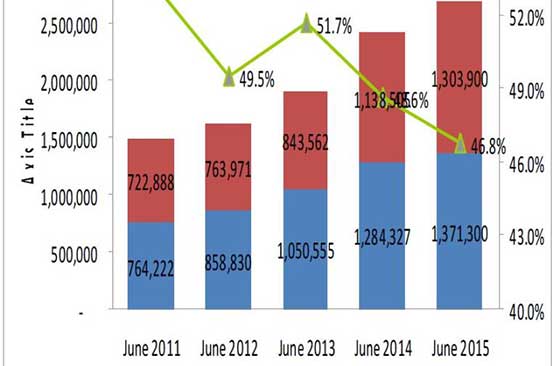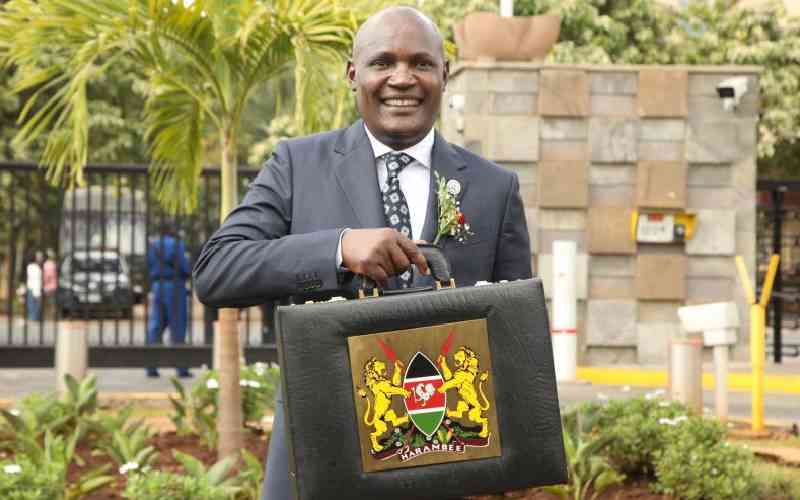×
The Standard e-Paper
Fearless, Trusted News

KENYA: Former Nairobi Central Business District Association chairman Timothy Muriuki runs two companies in Nairobi. One deals in construction while the other is a trading company.







